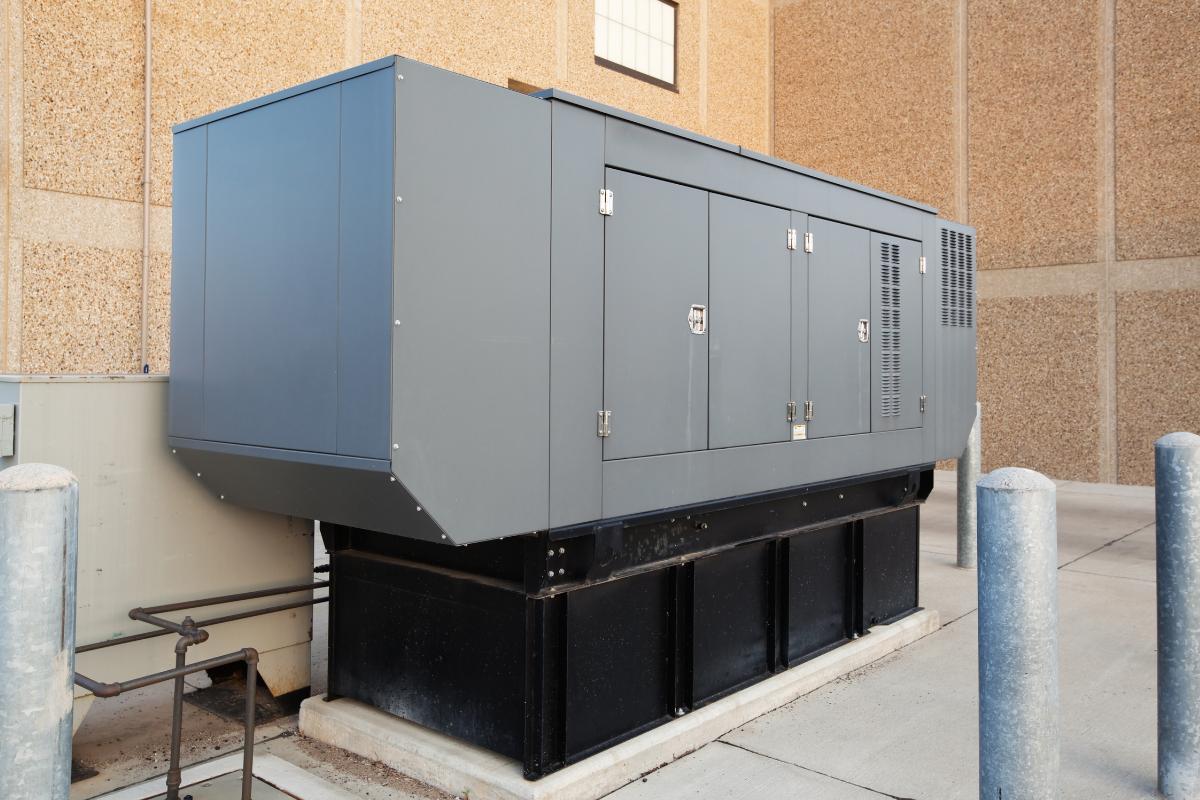Generators are crucial pieces of equipment that provide backup electricity during outages. The component that controls the power output to ensure it’s stable and usable is called an Automatic Voltage Regulator (AVR).
A McPherson AVR plays a pivotal role in managing the voltage levels within a generator. It ensures that the generator’s output remains steady and consistent, irrespective of load changes. This protects the devices connected to it from potential power surges and fluctuations.
However, just like any other tool, it can face challenges that hinder performance. Understanding these issues is the first step in preventing them and ensuring your generator is always ready to provide power when needed.
Here are some issues that can damage your generator’s AVR:
Power Surges
Power surges represent a significant threat to the lifespan and functionality of the AVR in your industrial generator. These abrupt increases in voltage, often caused by lightning strikes or inconsistencies in the power grid, can overload the McPherson AVR.
This can lead to malfunction or complete failure. Implementing surge protection measures and regular maintenance checks can help mitigate the risk and ensure continued AVR performance.
Poor Maintenance
Neglecting the regular upkeep of your generator can lead to problems with its AVR. Over time, dust and dirt can gather on this critical part, making it work less efficiently. If not addressed, this grime buildup can cause the AVR to stop working correctly, impairing your generator’s overall performance.
Overloading Your Generator
Using your industrial generator too much can put an excessive amount of pressure on the AVR. This is called overloading. Overloading can create too much heat and stress the AVR. This can harm the AVR and make it work poorly.
It’s like using a small car to pull a very heavy trailer; it puts too much strain on the engine. Therefore, it’s essential to know the capacity of your generator and ensure it’s not pushed beyond its limits. This can help keep your AVR and generator working well for longer.
Inadequate Cooling
The cooling system in a generator plays a crucial role in preventing the AVR from getting too hot. If this system is not working correctly, the AVR may overheat. This heat can cause significant damage to the AVR, making the generator less effective. Proper cooling system care can help stop this and keep the AVR and generator in good working order.
Faulty Installation
Incorrect installation of the AVR is a common problem that can cause serious harm. If not set up right, the AVR may not work as it should, causing the generator’s power supply to be unstable. This can lead to damage over time, affecting both the AVR and the overall performance of the generator.
Age and Wear
Like any other type of machinery, Automatic Voltage Regulators (AVRs) can also deteriorate as they age. Over time, the continuous use of the AVR, in managing voltage levels, can lead to wear and tear. This gradual wearing-out process can affect the AVR’s effectiveness, compromising the generator’s output stability.
Need a Good Deal on a McPherson AVR?
Are you looking for an affordable McPherson AVR for your generator? If so, check out our selection of industrial generator parts!





